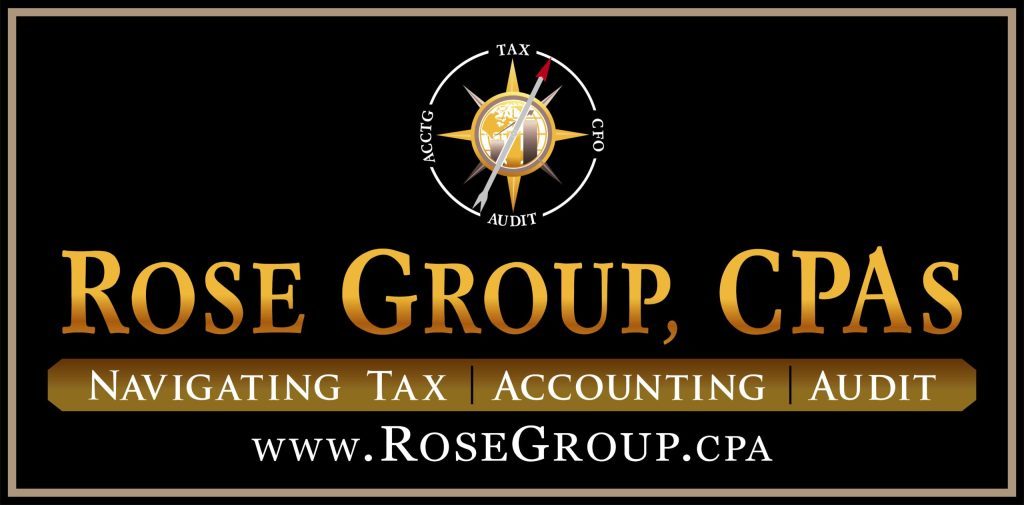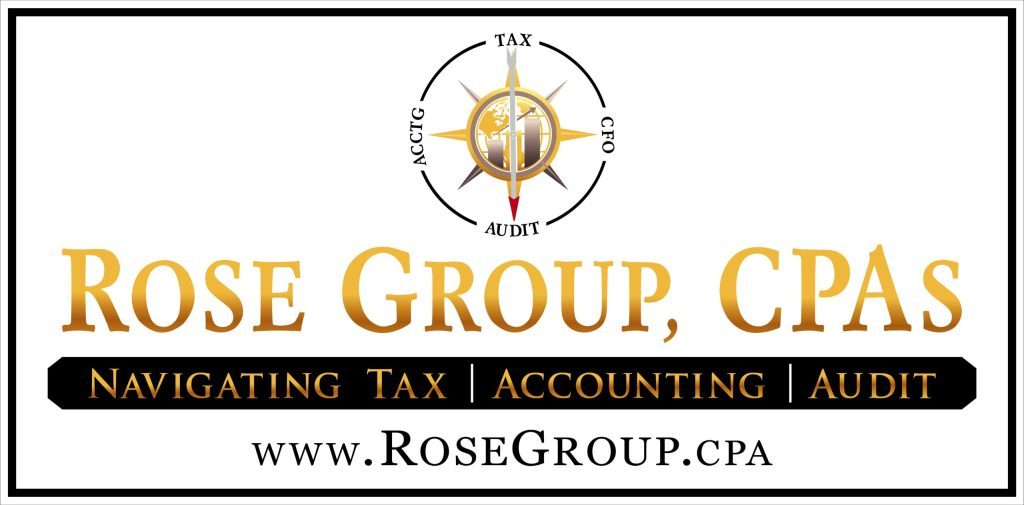Taxpayers with foreign financial accounts have specific reporting requirements mandated by the Internal Revenue Service (IRS) and the Financial Crimes Enforcement Network (FinCEN). Whether you’re a U.S. citizen, green card holder, or resident alien, the IRS requires detailed reporting on certain foreign accounts, investments, and transactions. Failing to report foreign assets properly can lead to steep penalties—even if there’s no tax owed.
1. Report of Foreign Bank and Financial Accounts (FBAR – FinCEN Form 114)
If you had signature authority or a financial interest in foreign bank or financial accounts that was $10,000 or more at any point during the year, you must file an FBAR. This form is filed separately from your tax return through the Financial Crimes Enforcement Network (FinCEN). The purpose of the FBAR is to provide the U.S. government with information to combat financial crimes such as money laundering and tax evasion.
Penalties for noncompliance are serious—even for unintentional mistakes. The due date for filing the FBAR is April 15, with an automatic extension to October 15 if the initial deadline is missed. The FBAR is filed directly with FinCEN and not as part of any income tax return.
2. Statement of Specified Foreign Financial Assets (Form 8938)
Form 8938 is part of the Foreign Account Tax Compliance Act (FATCA) and is filed with your income tax return. It applies to a broader range of foreign financial assets—including investment accounts, foreign pensions, and stock in foreign corporations. For individuals living in the U.S., the threshold is $50,000 on the last day of the tax year or $75,000 at any time during the year. For married couples filing jointly, these thresholds double.
3. Foreign Rental Property
Just owning a foreign rental property doesn’t usually trigger FBAR or FATCA reporting, if the property is held through a foreign financial account, that account may need to be reported on the FBAR and Form 8938 if it meets the respective thresholds The rental income must be reported on your U.S. tax return. In many cases, foreign rental income is reported on Schedule E, and you may be able to claim depreciation and other related expenses. If you pay taxes in the country where the property is located, you may also be eligible for a foreign tax credit to avoid double taxation.
4. Foreign Pensions
Foreign pensions are often tricky. Some are treated similarly to U.S. pensions, while others are considered foreign trusts for U.S. tax purposes. You may need to report the value of the pension account on Form 8938, and any annual growth could be taxable in the U.S., even if you haven’t received distributions yet. Distributions from foreign pensions are typically taxable and must be reported on the taxpayer’s income tax return
5. Reporting Receipt of Foreign Gifts or Bequests (Form 3520)
If you received more than $100,000 from a non-resident individual or estate, or more than $20,116 as of 2025 ($19,570 2024 threshold) from a foreign corporation or partnership as a gift or inheritance, you’ll need to report it on Form 3520. The due date for Form 3520 is the same as the taxpayer’s income tax return, including extensions. It is filed separately from the income tax return. This form is informational only—but failing to file it can result in penalties up to 25% of the value received.
6. Reporting Ownership or Transactions with Foreign Trusts (Form 3520)
Form 3520 is also used to report ownership or transactions with foreign trusts. U.S. persons who create, receive distributions from, or engage in transactions with foreign trusts are generally required to file Form 3520. These rules are complex and extend to indirect ownership and beneficiaries. Even if no income is involved, the reporting requirement still applies. The penalties for failing to file are similar to those for foreign gifts, with additional penalties for failing to report distributions
7. Annual Information Return of Foreign Trust with a U.S. Owner (Form 3520-A)
If you are the owner of a foreign trust under U.S. tax rules, the trust itself must file Form 3520-A, and you may also need to include this information on your personal Form 3520. Failure to file can lead to significant penalties—even when the trust earns no income.
8. Ownership or Voting Power in a Foreign Corporation (Form 5471)
U.S. taxpayers who own at least 10% of a foreign corporation, or who are officers or directors of one where a U.S. person acquires a 10% stake, may need to file Form 5471. This form provides detailed financial and operational data about the foreign company. Even minority shareholders can be subject to this filing. Penalties for failing to file can be substantial, starting at $10,000 per year.
9. Tax on Non-Resident Alien Gifts of U.S. Property
While non-resident aliens are generally not subject to U.S. gift taxes on gifts of intangible property (like U.S. stocks), they are subject to gift tax on tangible U.S. property, such as real estate or art. If a foreign person gifts such property to a U.S. person, the donor may be responsible for filing a U.S. gift tax return—though enforcement can be difficult.
10. Unrecognized Foreign Accounts
It’s common for taxpayers to inadvertently leave foreign accounts off their filings—especially if they were opened years ago or aren’t generating income. It is a good practice for taxpayers to review all potential foreign financial interests to ensure compliance. If you’re unsure whether you need to report an account, it’s better to ask now than face penalties later. There are voluntary disclosure and streamlined filing options for those who need to catch up on missed filings.
The rules around foreign asset reporting are detailed and often confusing. Understanding the requirements and deadlines is needed to avoid significant penalties. If any of these situations apply to you—or you’re not sure—they’re worth a conversation with your tax advisor. At Rose Group CPAs, we help clients navigate these international reporting requirements. Contact this office with questions and assistance in complying with foreign reporting requirements. Don’t expose yourself to unnecessary penalties.


